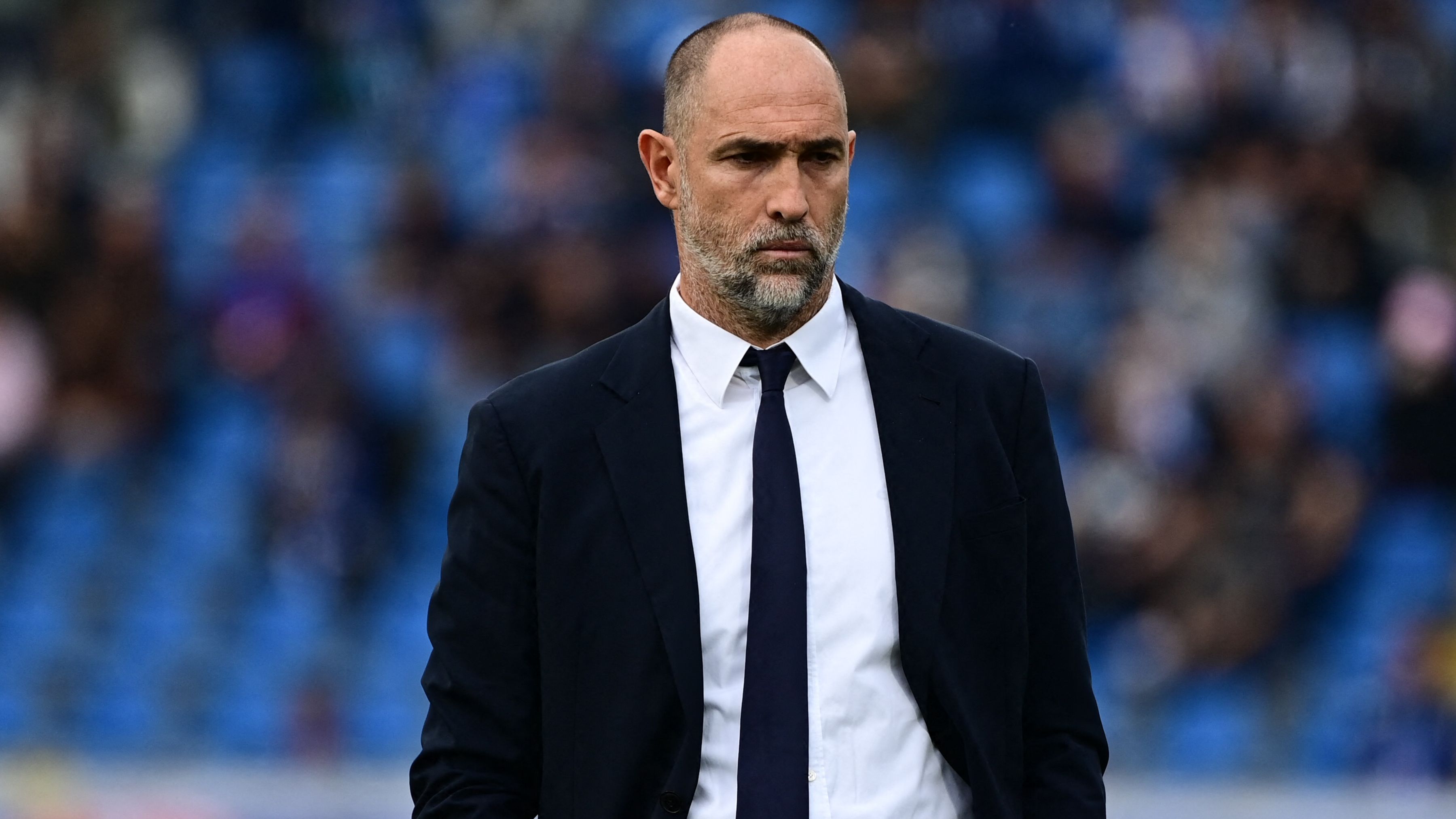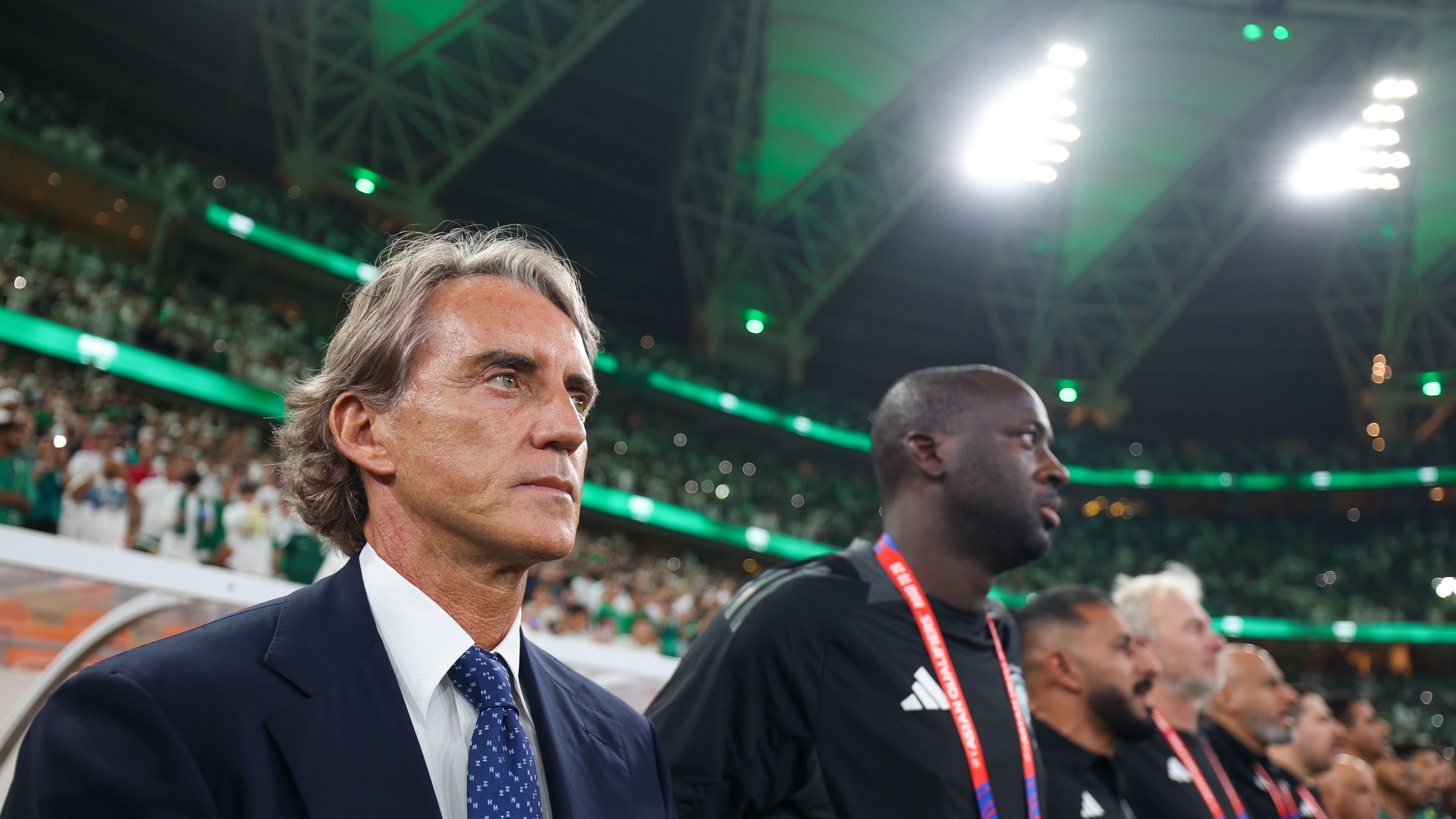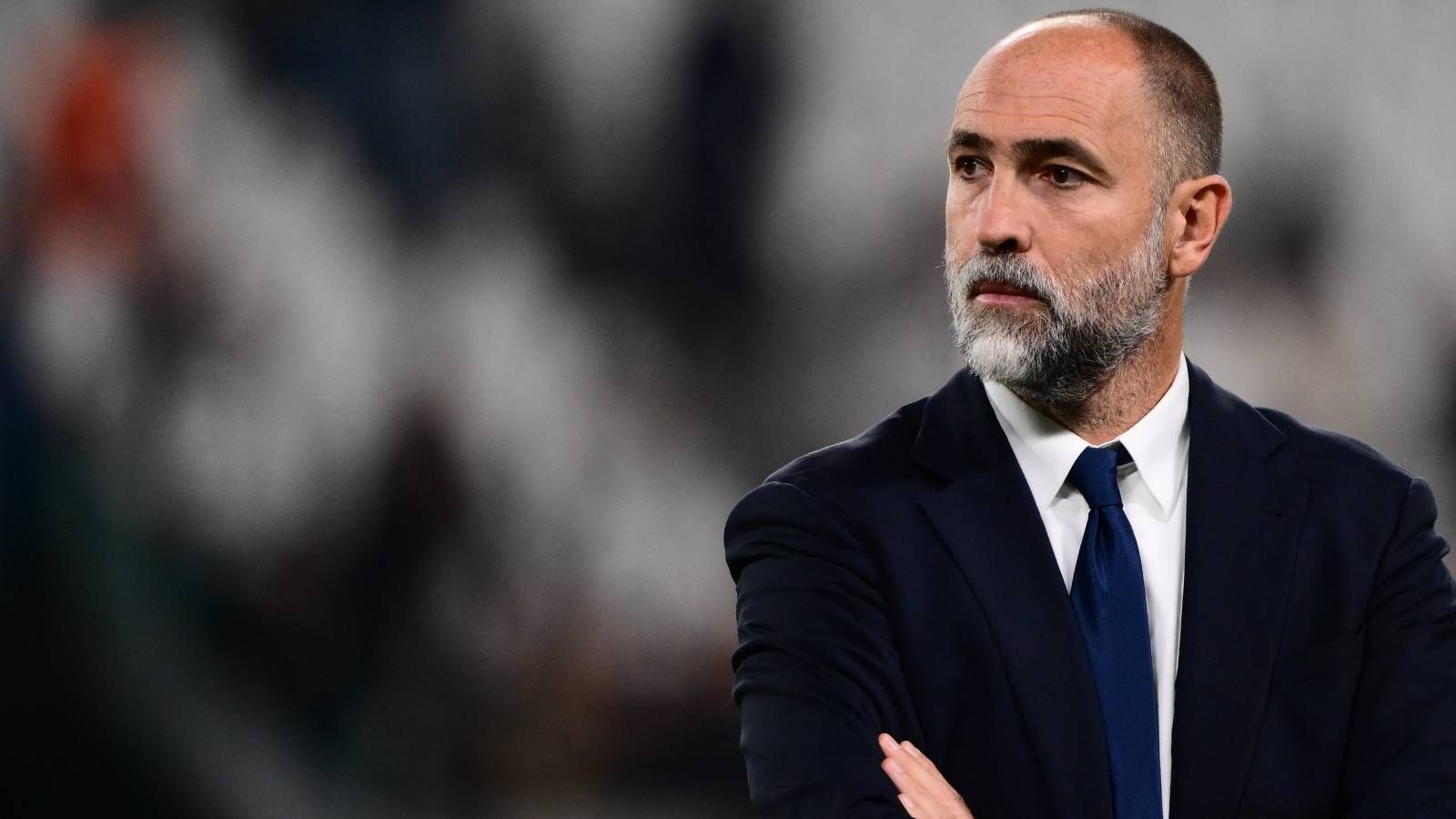


Juventus’ Coaching Crossroads: Potential Shifts Amid Recent Struggles
In a surprising turn of events that has Juventus fans on edge, the team faces mounting pressure following a disappointing defeat, highlighting the delicate balance between loyalty to current leadership and exploring fresh tactical options. Juventus, Tudor, and potential replacements are at the forefront of discussions as the club navigates this critical phase.
Juventus’ Unexpected Defeat and Its Implications
The upset unfolded swiftly at Sinigaglia Stadium, where Juventus, having maintained an unbeaten record yet lacking dynamism across five straight stalemates, suffered a 2-0 loss against Cesc Fabregas’ outfit. This marked their inaugural league setback of the campaign, with Nico Paz shining brightly by assisting Marc-Oliver Kempf’s initial strike and delivering an exceptional individual effort that clinched Como’s first victory over Juventus in over seven decades. Although featuring talents such as Jonathan David and Kenan Yildiz, the Bianconeri found it challenging to generate meaningful opportunities, recording only three attempts on goal.
Current Standings and Club’s Stance on Leadership
This outcome positioned Juventus seventh in Serie A standings, accumulating just 12 points over seven outings, alongside no wins in Europe following two Champions League draws. Nevertheless, amidst escalating scrutiny, the club has chosen not to pursue an immediate change in management. They continue to back coach Tudor for the time being, while discreetly reviewing alternative candidates should performance dip further in key upcoming games against Real Madrid and Lazio, as noted by reliable sources.
Exploring Potential Successors for Juventus’ Helm
Club executives have subtly started considering elite alternatives if Tudor cannot improve results. At the top of the considerations is Roberto Mancini, a seasoned leader from his days with Italy and Manchester City, celebrated for his strategic rigor and expertise in guiding top-tier teams. His calm demeanor, player-handling prowess, and well-organized offensive approaches are backed by an impressive record, including a Premier League championship, three successive Serie A titles at Inter, and a 2021 European Championship win with Italy. Mancini has also claimed four Coppa Italia trophies and two Italian Super Cups, proving his skill in assembling championship-caliber squads across various contexts and periods. The 59-year-old’s recent exit from Saudi Arabia was smooth, making him available for a comeback to European club management.
Another strong contender is Luciano Spalletti, the architect of Napoli’s 2023 league dominance and ex-Italy manager, valued by executives for his emphasis on dynamic attacks and nurturing player growth. Then there’s Raffaele Palladino, who, despite his relative newness to high-level roles, stands out as an innovative pick thanks to his modern strategies and achievements in steadying Monza and subsequently Fiorentina.
International Options from Borussia Dortmund
Adding to the mix are two coaches formerly at Borussia Dortmund: Edin Terzic and Marco Rose. Terzic, famed for steering Dortmund to the 2024 Champions League final, embodies a contemporary, adaptable coach, whereas Rose’s emphasis on intense pressing and accomplishments in the Bundesliga resonate with Juventus’ shifting team philosophy.
Internal Dynamics and Strategic Vision at Juventus
Internally, friction has intensified between the Croatian manager and general manager Comolli. Their latest discussion apparently delved into formations, team fitness, and the necessity for adaptation, especially Comolli’s advocacy for a four-defender system. Tudor remained resolute in upholding his favored arrangement, agreeing to adjustments only if they align with his core strategies. Some view this stance as inflexible, which has exacerbated tensions and sparked rumors of discord. Even so, Comolli’s blueprint for Juventus over the next two years holds firm, focusing on reconstructing around emerging talents like Kenan Yildiz, bolstered by acquisitions such as Jonathan David, Edon Zhegrova, and Lois Openda. The executive envisions evolving Juventus into a fast-paced, skill-oriented force ready to compete on both domestic and continental fronts. Tudor, having committed to a contract through 2027 with an extension option, was tasked with driving this transformation, and his ability to merge his methods with Comolli’s forward-thinking goals will define his leadership.
Upcoming Challenges and Their Potential Impact
The next few weeks might determine Juventus’ path for the season ahead. They are set to confront Real Madrid at the Santiago Bernabeu in the Champions League on October 22, a formidable challenge for a squad grappling with scoring woes, followed by a vital Serie A encounter with Lazio. Positive results in these fixtures could secure Tudor’s role, while poor outcomes may revive conversations about a change in direction.
Strategies for Recovery and Long-Term Goals
To regain momentum, Juventus must enhance their offensive creativity and rebuild trust among core players. Shifting to a more equilibrium-focused approach, fortifying the backline while allowing inventive players more leeway, could be crucial. With aspirations in Europe and reputation at home in jeopardy, Juventus has no room for further errors. These impending matches will not only gauge their determination but could also mold the future of Comolli’s overarching strategy for the club.
Current Coaching Landscape at Juventus
Overview of Igor Tudor’s Role
Juventus, one of Italy’s most storied football clubs, has recently made headlines by reaffirming their commitment to Igor Tudor as head coach. This decision comes amid a season filled with tactical challenges and high expectations from fans. Tudor, known for his defensive strategies and player development skills, has been instrumental in stabilizing the team during transitional periods. His experience as a former player for Juventus adds a layer of authenticity to his leadership, making him a fan favorite.
In the current squad, Tudor’s influence is evident in how the team adapts to various formations. For instance, the Juventus men’s first team roster showcases a blend of young talents and seasoned players, which Tudor has molded effectively[başvurmak:[başvurmak:https://www.juventus.com/en/teams/first-team-men/squad/]. Keywords like “Juventus head coach” and “Igor Tudor Juventus” highlight the ongoing discussions around his tenure, as the club balances immediate results with long-term vision.
Tudor’s reaffirmation isn’t just about maintaining stability; it’s a strategic move to build on the club’s legacy. Reports suggest that his coaching style, which emphasizes resilience and tactical discipline, aligns with Juventus’s identity. This approach could be key as the team navigates upcoming matches, including high-stakes Serie A encounters.
Reasons Behind Considering Potential Replacements
While Juventus is standing firm with Tudor, whispers from the football world indicate that the club is quietly eyeing former figures from Manchester City and Borussia Dortmund as potential replacements. This cautious approach reflects the high-pressure environment of elite European football, where clubs often prepare for every eventuality. Keywords such as “Juventus coaching changes” and “potential head coach replacements” are buzzing in sports forums, underscoring the club’s proactive stance.
One major factor driving this consideration is performance metrics. If results falter, Juventus might look to managers with proven track records in high-intensity leagues. For example, former Manchester City coaches bring expertise in possession-based play and youth integration, which could complement Juventus’s squad depth. Similarly, Borussia Dortmund alumni often excel in counter-attacking strategies, a style that could enhance Juventus’s transitions on the pitch.
To break it down:
- Tactical Fit: Manchester City figures, like those familiar with Pep Guardiola’s philosophy, could introduce more fluid attacking patterns, addressing any defensive vulnerabilities in Tudor’s system.
- Youth Development: Borussia Dortmund has a history of nurturing young stars, which aligns with Juventus’s roster of emerging talents[başvurmak:[başvurmak:https://www.juventus.com/en/teams/first-team-men/squad/]. This might appeal if Juventus aims to accelerate player growth.
- European Experience: Coaches from these clubs have navigated Champions League pressures, a critical aspect for Juventus amid their ambitions in 2025.
Key Figures from Manchester City and Borussia Dortmund
Let’s dive deeper into who these potential replacements might be and why they fit the Juventus mold. From Manchester City, we’re talking about coaches who have thrived under intense scrutiny, like those involved in the club’s dominant era. These individuals often emphasize data-driven decisions and squad rotation, which could help Juventus manage fixture congestion.
- H3: Profiles of Manchester City Coaches
Former assistants or interim managers from Manchester City typically bring a focus on high pressing and quick transitions. For instance, one could imagine a coach who helped shape the team’s treble-winning campaigns, offering Juventus a fresh tactical edge. This isn’t just speculation; it’s about how “former Manchester City figures Juventus” could translate to on-field success, blending the club’s attacking prowess with Juventus’s defensive solidity.
- H4: Why Dortmund Coaches Appeal
Borussia Dortmund has produced managers who specialize in high-energy football and player motivation. Think of those who have led the club through Bundesliga title races or deep European runs. A potential replacement might prioritize squad unity and counter-attacks, addressing any gaps in Juventus’s current setup. Bullet points for clarity:
- Enhanced counter-attacking drills to exploit opponent weaknesses.
- Better integration of academy players, mirroring Dortmund’s success with affordable talents.
- Strategies for Champions League knockouts, given Dortmund’s recent finals experience.
This exploration of replacements shows Juventus isn’t just reacting; they’re planning ahead. By considering these options, the club ensures continuity while exploring innovative approaches. Keywords like “Borussia Dortmund Juventus links” and “Manchester City coach for Juventus” naturally weave into the narrative, reflecting real-time fan interest.
Challenges and Opportunities in Coaching Transitions
Transitioning coaches in a club like Juventus involves weighing risks and rewards. On one hand, sticking with Tudor provides familiarity, especially with the current roster’s dynamics[başvurmak:[başvurmak:https://www.juventus.com/]. On the other, bringing in a fresh voice from Manchester City or Dortmund could inject new energy, particularly in key matches.
- H3: Potential Impacts on Team Performance
For Juventus fans, the idea of a “Juventus potential head coach” from these clubs sparks excitement. It could lead to improved set-piece execution or better handling of injuries, drawing from Manchester City’s medical and tactical advancements. Bullet points to highlight:
- Faster adaptation to injury crises, using Dortmund’s resilient squad management.
- Enhanced training regimens that focus on mental toughness, a hallmark of both clubs.
- Opportunities for cross-pollination of ideas, like combining City-style possession with Dortmund’s direct play.
In essence, this dual approach-reaffirming Tudor while eyeing alternatives-positions Juventus for sustained success. It’s all about balancing tradition with innovation, ensuring that “Igor Tudor head coach” remains a strong narrative while preparing for the future.
Fan and Club Perspectives on the Decision
From a fan’s viewpoint, reaffirming Tudor signals stability, but the allure of “former Borussia Dortmund figures Juventus” keeps the conversation lively. Social media buzz around potential hires adds engagement, with keywords like “Juventus coaching news” trending. Clubs often gauge fan sentiment through official channels, where ticket sales and match attendance reflect morale[başvurmak:[başvurmak:https://www.juventus.com/en/tickets/].
- H3: How This Plays Out Seasonally
As the 2025-26 season unfolds, decisions like these could influence everything from transfer strategies to fan loyalty. For example:
- H4: Short-Term Effects: Immediate impacts on team morale and upcoming fixtures.
- Bullet points: Tactical tweaks for Serie A games; fan rallies supporting Tudor.
- H4: Long-Term Vision: Building a legacy that incorporates global influences.
- Bullet points: Scouting for players who fit new coaching styles; potential partnerships with City or Dortmund academies.
By addressing these angles, Juventus maintains its competitive edge in the ever-evolving world of football. This thoughtful strategy ensures that whether it’s Tudor or a new face, the club’s pursuit of excellence continues uninterrupted.









